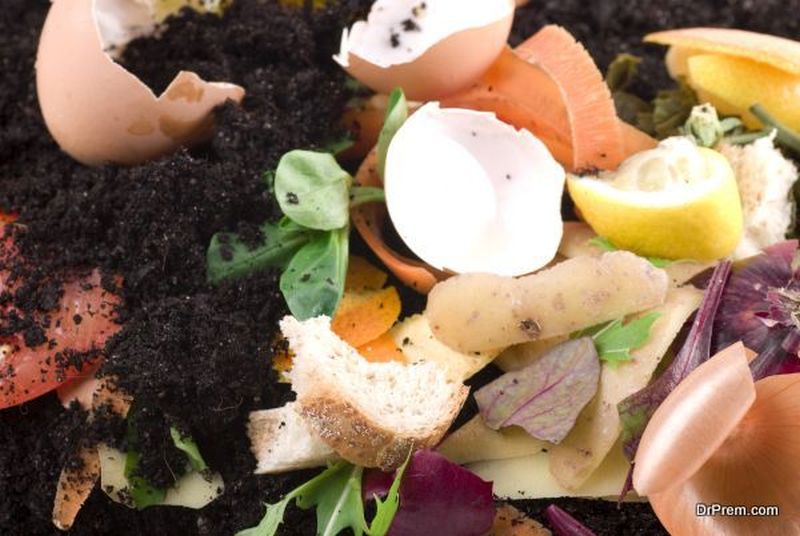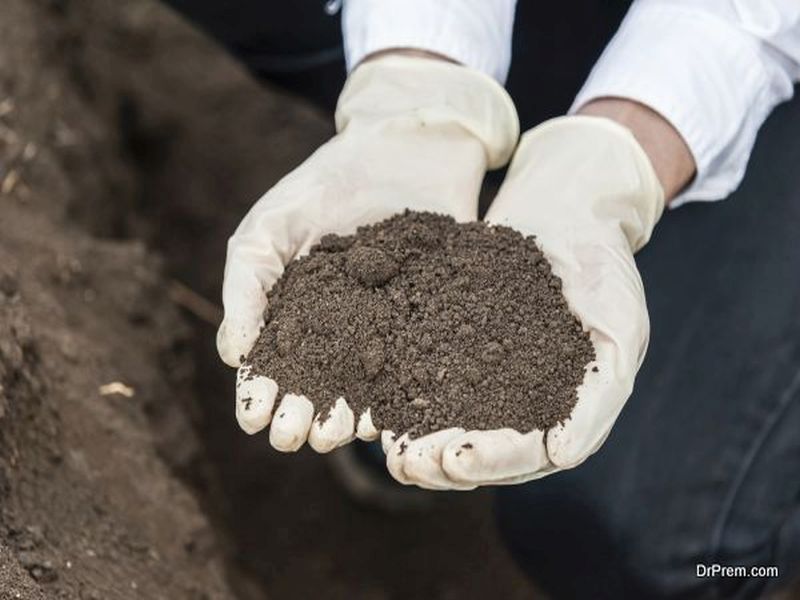When I was a kid, my father used to keep a vegetable garden where he would grow the juiciest tomatoes, biggest zucchinis, and spiciest peppers. In autumn, after the plants were harvested and uprooted, he and I would start raking fallen leaves into a rusty metal garbage can. After a few days, we dumped the leaves onto the garden’s soil and spread them around. This was my introduction to composting.
Composting never struck me as anything other than a smart way to put nutrients back into farmable soil. All you need is a sturdy metal or hard plastic bin and water source to get rich soil in two months. Those with less patience might resort to using synthetic alternatives, but they would be missing out on all the benefits.
Waste Not
 Approximately 25% of our garbage is food and yard waste. That waste is often piled onto landfills where it mingles with glass, metals, and animal byproducts. When fed into incinerators, the trash burns up into clouds of carbon dioxide. Left alone, this uneven mix breaks down into a miasma of methane gas.
Approximately 25% of our garbage is food and yard waste. That waste is often piled onto landfills where it mingles with glass, metals, and animal byproducts. When fed into incinerators, the trash burns up into clouds of carbon dioxide. Left alone, this uneven mix breaks down into a miasma of methane gas.
Greenhouse gas emission can be cut down when you compost biodegradables. This long list of materials includes vegetable peelings, eggshells, crab shells, corn husks, cardboard, sawdust, lint, and untreated yard waste.
Clean Up Your Dirt
A study by Environmental Protection Agency revealed how composting could rehabilitate contaminated soil. Testing was done on soil tainted by run-off from U.S. munitions plant. Through mixing and aerating the composted and contaminated soils, they discovered that micro-organisms broke down the toxic elements into beneficial nutrients.
Save the Water
 Just like any well-kept garden, moisture is a key ingredient in the composting process. A generous spray of water to your compost pile is enough to break down organic matter. Think of it in the same terms as chewing your food and washing it down with a drink.
Just like any well-kept garden, moisture is a key ingredient in the composting process. A generous spray of water to your compost pile is enough to break down organic matter. Think of it in the same terms as chewing your food and washing it down with a drink.
Wet down any dry materials you add and keep the pile covered. As your compost “digests,” helpful bacteria and fungi activate to break down the material. This process creates a rich plant food called humus (not to be confused with the people food, hummus). Humus contains plenty of the carbon and nitrogen that plants crave every time you water them.
Turf Building
Everything mentioned about composting has so far covered its agricultural benefits. Let’s focus on how compost helps out in landscaping.
Walk around any public parking lot you’ll notice decorative foliage growing on patches of dirt isolated on concrete islands. These plants stand out because of the dark, brown wood chip mulch covering the ground around them. That mulch is a type of compost that provides nutrients to the plants and improves their presentation to visitors.
Use your homemade compost to improve the value of your Charleston real estate investment. Fill in divots and animal burrows. Patch torn up lawns or use it to fertilize grass seed. If you have a stream or pond on your property, then it can be used to form embankments.
Article Submitted By Community Writer


